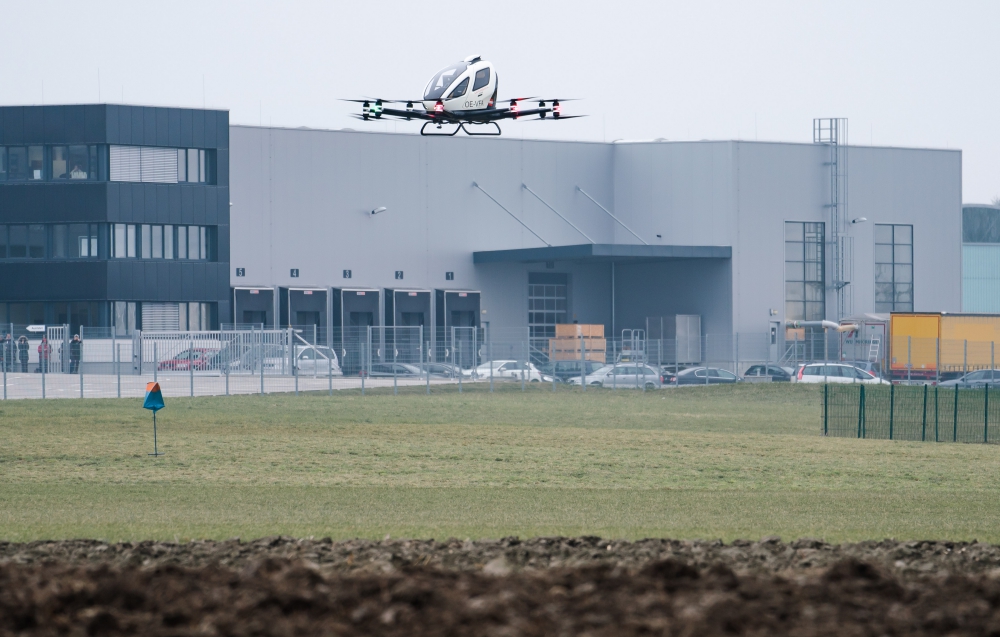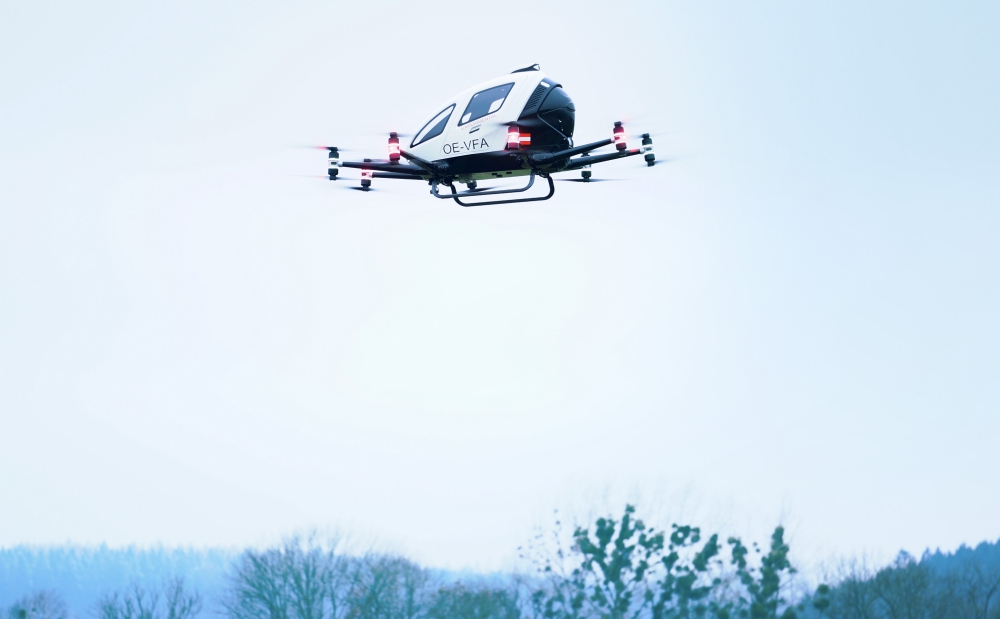EHang Holdings Limited achieved a significant milestone on the path to offering Urban Air Mobility services worldwide. On December 9, the Civil Aviation Authority of Austria issued a trial flight permit for the EH216 passenger-grade AAV.
The permit allows trial operation of full unmanned flights in Austrian national airspace. This is the first flight permit for EHang’s passenger-grade AAVs within the European Union.
Through the joint efforts of the Civil Aviation Authority of Austria, the EHang European team, and local partners, the Company has achieved another important regulatory breakthrough in the geographical heart of Europe, enabling more people to experience its safe, green and comfortable UAM solutions. This achievement should enable EHang to accelerate commercial operations in Europe. The trial permit and flight operations will support EHang’s growth in the European Market by demonstrating the benefits of its UAM solutions to regulators, customers, and partners.
Autonomous Aerial Vehicles are poised to change the way people and cargo move from point A to point B. Whether for commuting within a large city or traveling from rural to metropolitan areas, aerial travel will dramatically change how mankind perceives distance and travel time. What is a reality today in Asia also comes closer in Europe.

The EH216 received the registration number OE-VFA and is the first of its kind in European Union airspace
As part of the process, a test flight occurred in November 2020. It was the first flight ever in open EASA airspace. After a Specific Operational Risk Assessment (SORA) procedure, an EH216 AAV with the registration number OE-VFA took off in St. Martin im Innkreis, in the province of Upper Austria. Under the supervision of the Civil Aviation Authority, the unmanned aircraft took off for several minutes via automatic flight programming and then safely landed, despite harsh weather conditions of severe cold and high wind speed.
The permit was obtained together with EHang’s strategic partner FACC AG. Technical experts from both companies worked for several months with the national regulators to meet the national and European requirements.
Source: Press Release

